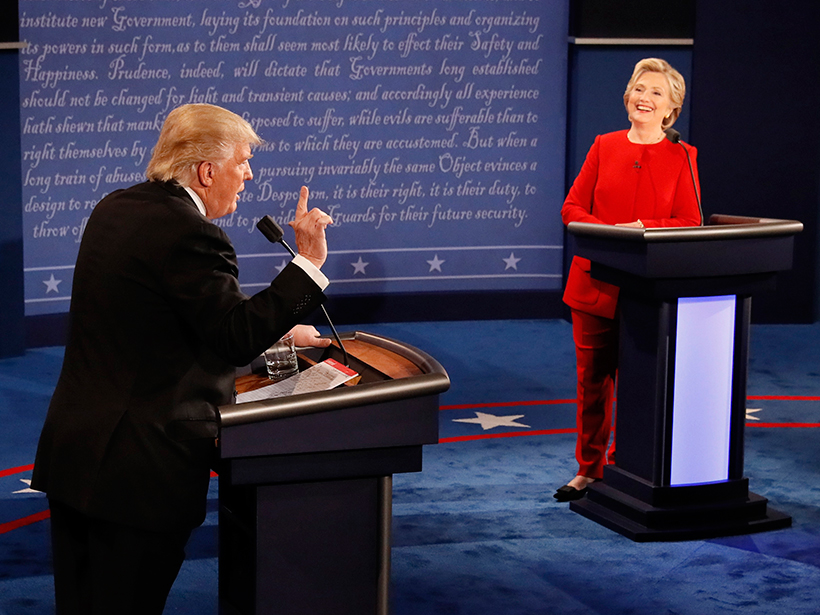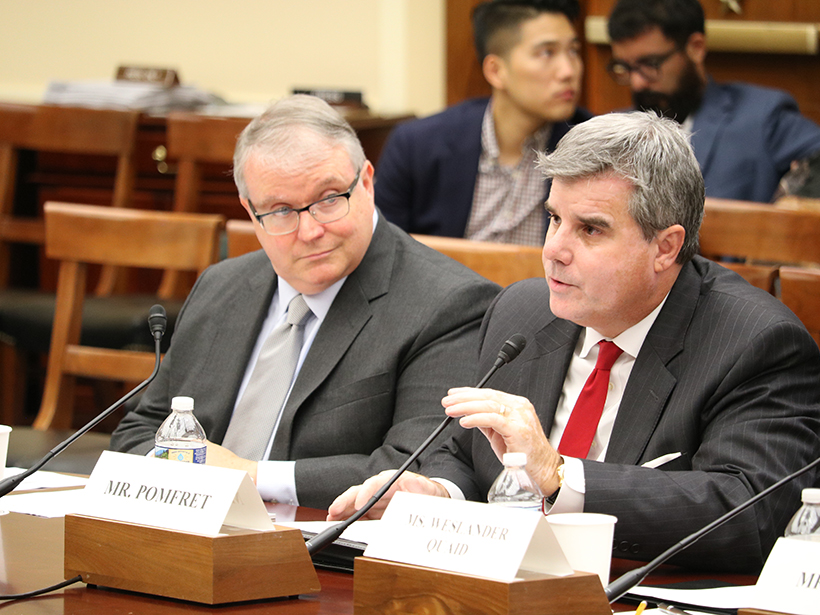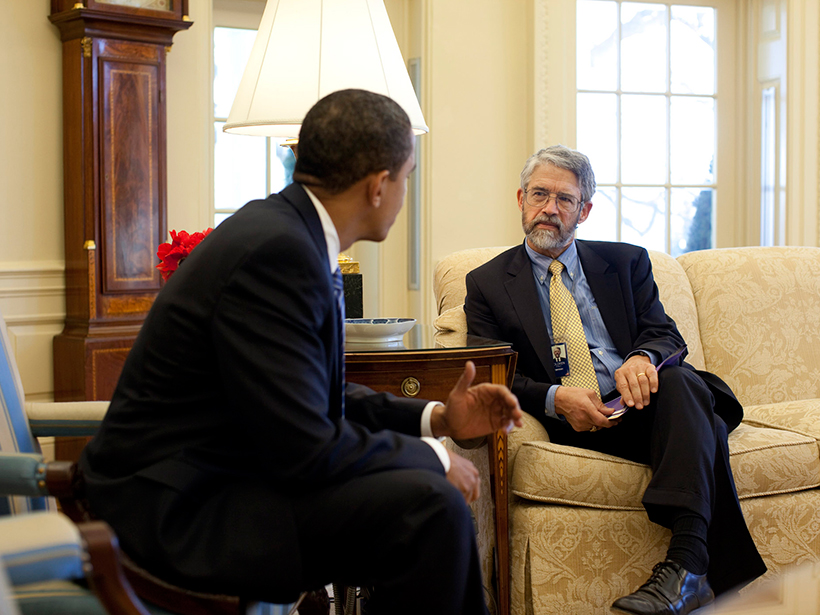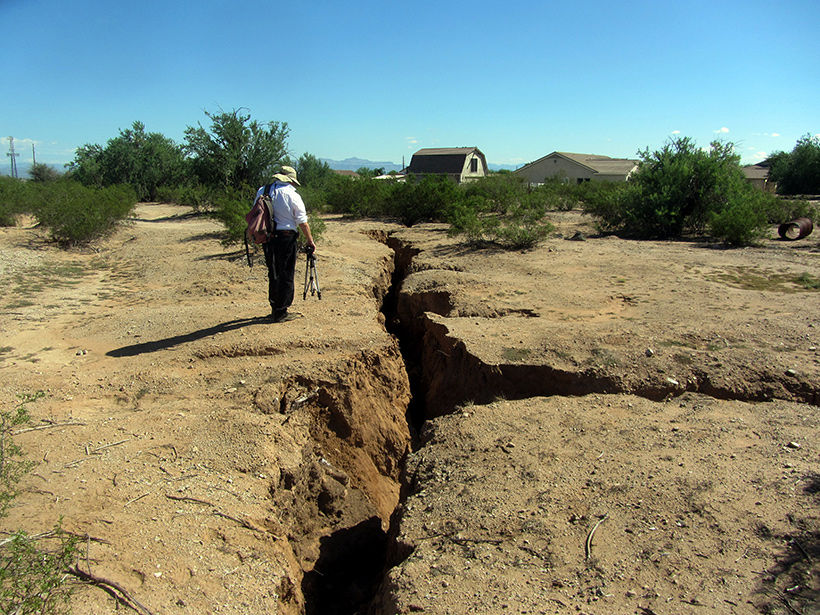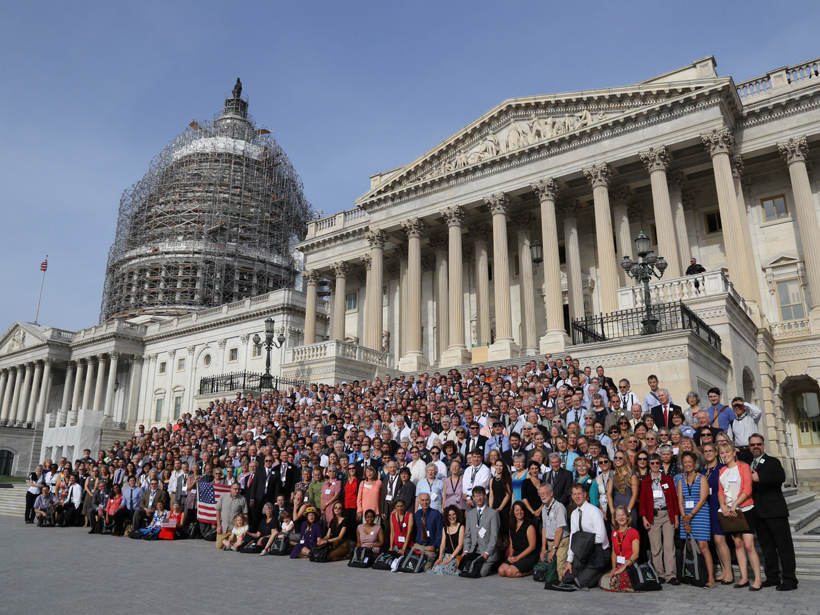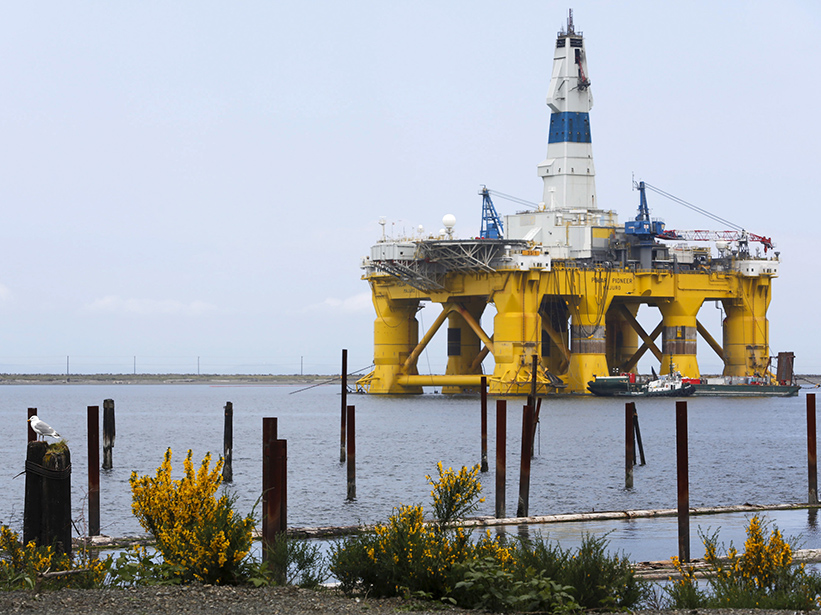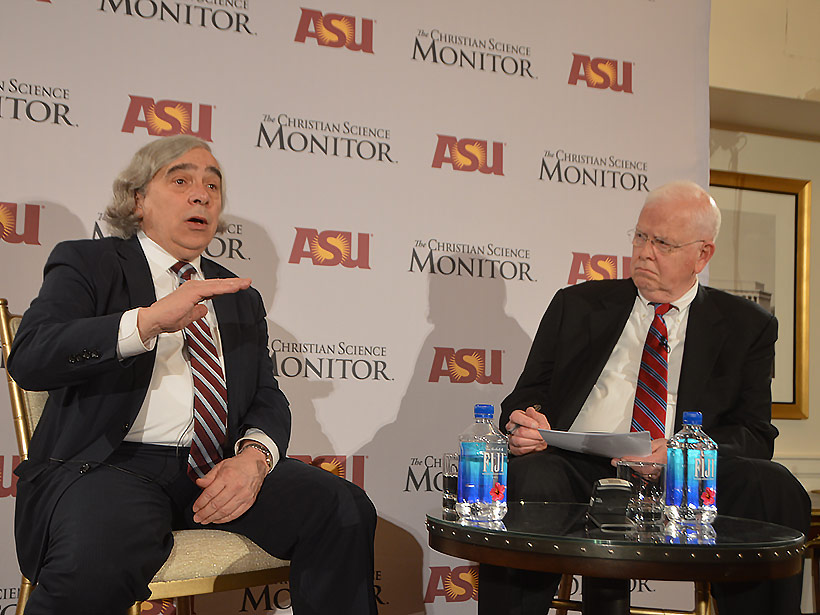During the first presidential candidate debate Monday, Donald Trump denied saying that climate change is a hoax, but his own tweets show otherwise.
politics
White House: National Security Plans Must Consider Climate Risks
Along with the new policy directive, the administration released a report on how climate changes—from more extreme weather to sea level rise—can threaten national security.
Remote Sensing Regulations Come Under Congressional Scrutiny
Republicans accused the administration of dragging its feet on recommending policy revisions. A federal advisory committee has a November deadline to provide recommendations.
Academy Head Says Political Rancor Harms Science, Society
The retiring National Academy of Sciences president says allegations that climate change is a fraud are deeply upsetting. But he hopes rabid partisanship can be eased.
Report Touts White House Science Impact
The Obama administration also announced a milestone for White House science adviser John Holdren, who on 18 June set a new record for longevity in the science advisory role.
New Law Puts the Squeeze on the Arizona Geological Survey
Arizona state services at risk include a program to map Earth fissures; the state's earthquake-monitoring network; and the Survey's mineral resources program.
Climate Scientists as Activists
The pursuit of global political solutions to climate change is not for the faint of heart—but it is a matter of civic responsibility.
U.S. Arctic Leader: With Shell Oil out, Arctic Lost Attention
Shell's drilling activities in the Arctic drew the world's eyes to the far north and to issues like climate change and oil spills, the U.S. special representative for the Arctic said in a recent talk.
U.S. Energy Secretary Says Paris Accord Cuts Are Not Enough
Moniz foresees progress on climate change in the United States no matter who wins the U.S. presidential election.

